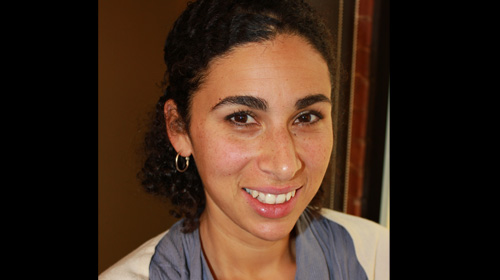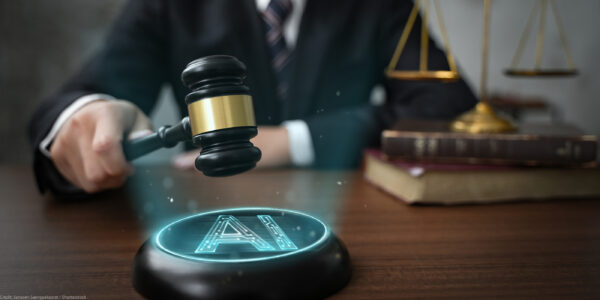
More than two years ago, on September 11, 2011, I was stuck on a grounded airplane in Detroit. At first I thought we were just waiting for our gate to clear, but then our plane taxied to an isolated part of the tarmac. Police vehicles appeared, and many men in uniform and plainclothes huddled in conversation near the plane. Nervous and antsy, I watched them through the window at my seat.
Soon more official vehicles approached, one that included stairs, and I began to feel relief at the thought of de-boarding and getting home to my husband and kids in time for dinner. But instead of the passengers being able to disembark from the plane, a few heavily armed men in uniform ran up the stairs and boarded the plane. They ran down the center aisle, and, to my surprise and horror, stopped at my row, ordering me and the two men sitting next to me to get up.
After placing us in handcuffs, they shoved us off the plane and onto the tarmac, where we were patted down and loaded into a waiting police car. No one would answer my pleas to know what was happening, why we were being taken away or where we were going. No one would explain the tense and frightening situation. We arrived at an airport jail, where they locked me in a cell and strip-searched and interrogated me, still without any explanation of the situation.
Hours later, FBI and Homeland Security agents allowed me to call my husband to tell him where I was, and they released me, after telling me the two men in my row had "acted suspiciously."
They didn't tell me much else, like why I was included in this ordeal, but I concluded that it was because of my Middle Eastern name and appearance. It was the first time in my life I had ever been subjected to such blatant racial profiling and humiliation because of my ethnic appearance.
I worked with the ACLU to file a federal lawsuit that would help ensure that other airline passengers would not be subjected to this kind of treatment on the basis of race.
Today, we are one step closer to that goal because the United States District Court for the Eastern District of Michigan issued a decision allowing my racial profiling claims to go forward. The Court has acknowledged the strength in my argument that my right to equal protection of the laws was violated. It found that the action the officers took against me was "highly questionable," suggesting that their decisions may have been influenced by their perceptions of my race. This decision means that I will have the chance to prove my case in court.
Yet, while the Court's decision represents progress, my journey toward recovery has not been an easy one.
When I close my eyes, I can still feel the terror and humiliation of that day. I can still see the uniformed and armed officers storming the plane. I can still hear the angry shouting, directed at me and the two men next to me, to get out of our seats. I can still feel the slapping of handcuffs on my wrists and the shock I felt as I was forced into a police car. And I can still taste the fear and helplessness I had when I was aggressively questioned and ordered to strip naked by an officer.
But the pain it takes to revisit those memories is worth the outcome that the ACLU is helping me fight for: The recognition that all people have the right to the equal protection of the law, even on airplanes, and even on the tenth anniversary of the September 11th attacks. I hope the Court's decision today will be the first of many victories that help guide public and corporate policy on racial profiling and equal protection, while illuminating the importance of protecting constitutional rights as we secure public safety.
Learn more about racial justice and other civil liberty issues: Sign up for breaking news alerts, follow us on Twitter, and like us on Facebook.



